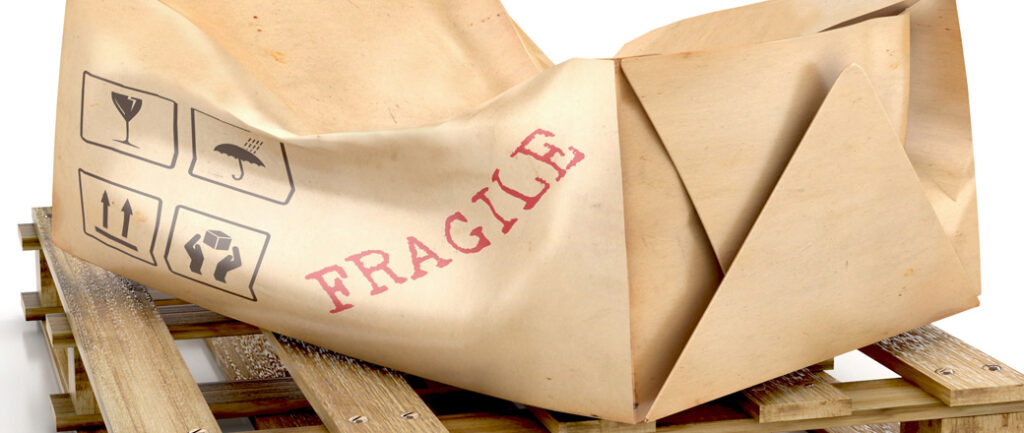While we try to strategize and streamline as much as possible, damaged and lost shipments are inevitable, with an average of 1% of shipments ending up with a freight claim. Inefficiency of the traditional freight claims process amplifies the cost impact.
Although, you face the threat of a freight claim, you can improve the process as much as possible. Automation streamlines the freight claims process. While automation addresses these inevitable freight claims effectively, it also provides a variety of additional benefits to an organization.
The Current State of Freight Claims
- Relying on a labor-intensive, manual freight claims process.
- Finding it difficult to share information.
- Dealing with long-term costs as organizations.
- Failing to file claims.
- Missing the resources to handle claims.
Revolutionizing Freight Claims: MercuryMyEZClaim
Using technology to automate and streamline the freight claims process solves many common problems. MercuryMyEZClaim simplifies the freight claim process and doesn’t require the same time and effort as manual processes. As a bonus, it eliminates the errors that are inevitable in manual data.
Shippers can use MercuryMyEZClaim to manage all claims types, including loss and damage freight claims that are inevitable. It also manages overcharge claims, vendor claims, return authorization claims, and overages, shortages and damages (OS&D) claims.
Real-World Impact on the Freight Claims Process
- 50% reduction in claim losses YoY.
- $500,000+ in improved recoveries in initial six months.
- 77% reduction of open claims.
- 55% reduction in time spent processing claims.
These metrics measure the freight process savings and reveal how your business can benefit.
Data: The Cornerstone of an Efficient Freight Claims Process
Final Thoughts on Streamlining Your Freight Claims Process
Uncertain about whether freight claims technology will deliver return on your investment?
Freight claims automation and centralized data offers you the ability to not only efficiently manage every claim – so no write-offs! – but also avoid future problems thanks to data centralization.
Next Steps to Improve Your Freight Claims
MercuryMyEZClaim makes it easy for shippers to develop a better freight claims process. Request a demo to see how it works and would benefit your specific company.
First, visit the MercuryGate website to review more information and calculate the potential ROI for your organization.
Start Streamlining Your Freight Claims
Automating the freight claims process frees up employee time, cuts costs, and helps your company identify areas for improvement and develop better decision-making abilities.
MercuryMyEZClaim provides a centralized platform that can bring together data and simplify freight claims.
Watch the webinar to see how freight claim automation can reduce costs and protect your business’s bottom line by watching our webinar.


